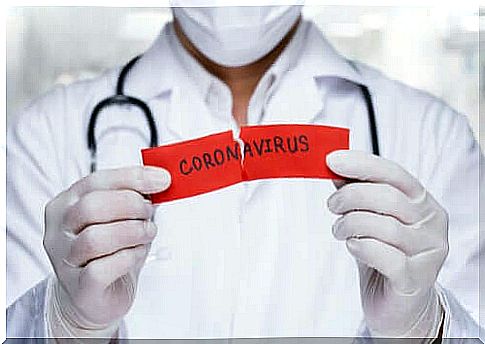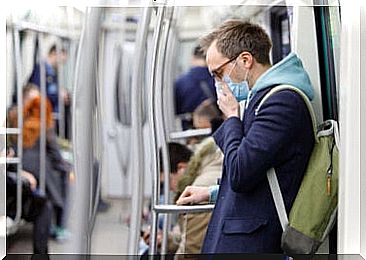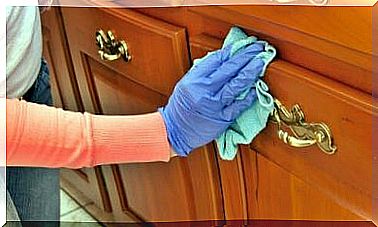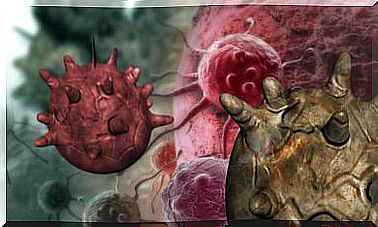False Reports About Coronavirus
Unfortunately, a lot of myths and false reports about the coronavirus are circulating on the internet. We have to face a very difficult situation and therefore it is important not to believe all information and to distinguish between legitimate and dubious sources of information.

Along with the COVID-19, many false reports have spread about this virus. It is high season for fake news, especially in social networks. Above all, many nonsensical things are shared about possible cures and the dangers of this serious pandemic.
All of this fake news creates confusion and uncertainty. You can also trick people into wrongdoing and taking risks. It is therefore important to always consult serious sources of information in order to avoid errors.
How this pandemic spreads depends in large part on our responsibilities and how we intelligently address it. In order to achieve this, reliable information is essential, because we have to follow the recommendations and instructions of the responsible health authorities literally in order to limit the dimensions as far as possible.
Then you will find various false reports that you should not believe under any circumstances and that you should not spread any further.
False News: The coronavirus is one of the worst diseases in history
Every day we are bombarded with information about the new coronavirus COVID-19, which is why many believe that it is the worst pandemic in history. But this is not the truth. What makes COVID-19 dangerous is its high infection rate, but not its mortality.
Many also fear that this is a new virus that we still know relatively little about. Therefore it is very difficult to predict his behavior. But many scientists are in the process of analyzing this coronavirus and we are learning more and more about it.
The mortality rate is currently estimated at around 3.2 percent. This means that, on average, three out of every 100 people infected die. While any potentially fatal illness is a cause for concern, we must remember that this new coronavirus does not have serious consequences for most people.

False reports: Coronavirus infection is kind of like the flu
At the other extreme are those who do not take this disease seriously enough and therefore encourage the spread of the pandemic. It is true that COVID-19 causes only mild discomfort 80 percent of the time. But it is also true that the infection can affect the lungs, which is a very serious problem.
We don’t yet know exactly how this new coronavirus will behave, nor can we predict with any certainty what mutations it will undergo. In short, we have to face a threat that we do not yet know sufficiently about. In this situation the only intelligent reaction is to act very carefully and responsibly and not underestimate the risks.
As mentioned earlier, the new coronavirus is highly contagious. As the number of infected people increases, there will also be more deaths because the risk of it reaching vulnerable people is also significantly greater. Elderly people and people with a weakened immune system are particularly at risk.
Home remedies and false reports about coronavirus
Many of the hoaxes relate to home remedies that are believed to cure this disease. There is no scientific evidence on the effectiveness of home remedies against COVID-19.
For example, one hears again and again that garlic is supposed to be able to stop the infection. Although the World Health Organization (WHO) has generally recognized certain antimicrobial properties of the white tuber, this is in no way related to the new coronavirus. The same is true of colloidal silver and “miraculous” mineral supplements that some good businessmen want to promote.
There are currently no specific medicines and even fewer home remedies that can be used to treat the coronavirus. It is also important to refrain from self-medication, because this could hide the symptoms of COVID-19 and increase the health risks.

The right hygiene measures are important!
Cleaning your hands frequently and thoroughly and using disinfectant gel in certain situations can reduce the risk of infection! This is not a hoax, but a basic, simple and efficient measure to prevent the pandemic from spreading as much as possible.
It is estimated that washing your hands correctly can reduce the risk of infection by up to 50 percent. However, it is particularly important to prevent contact with infected people. Since we cannot know who has already been infected, the relevant safety distance of at least one meter is essential.
In the event of the slightest suspicion of infection, the voluntary quarantine is decisive until the responsible health institutions make a diagnosis and instruct the appropriate steps.
We must also not forget that you can get infected with the virus even in spite of a protective mask. In addition, the new coronavirus remains for some time on surfaces touched by infected people and can thus infect other people through contact. However, in this case the risk of infection is much lower. In any case, hand washing after possible contact is a basic precaution.









